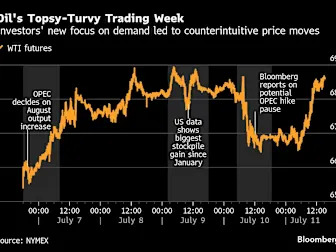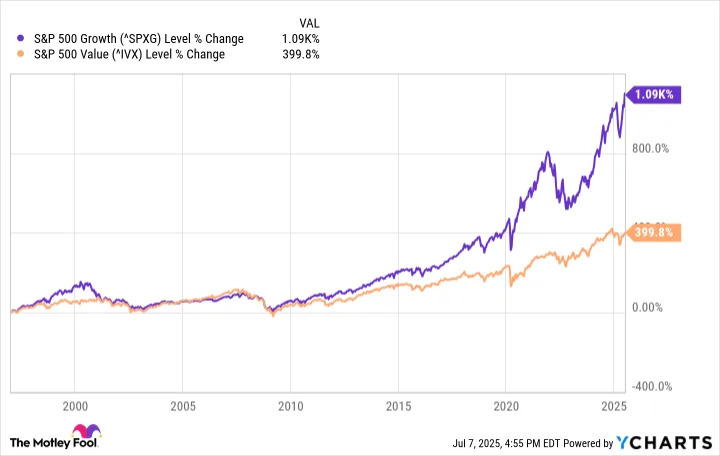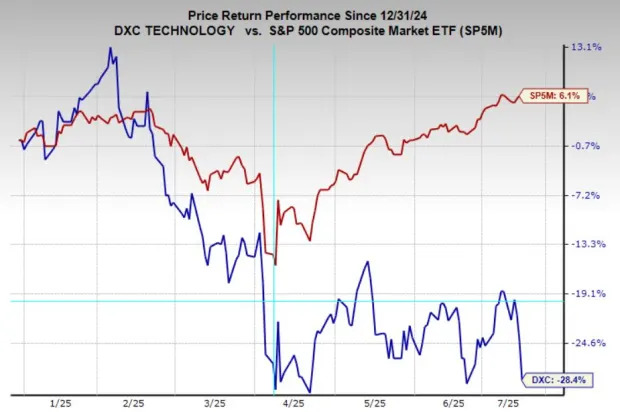Could a $2,000 Investment in Ethereum Turn Into $10,000 by 2030?
Ethereum just got a major upgrade, and it's getting some capital inflows too. It's still struggling to maintain its base of developers against Solana and other rivals. Spend enough time on social media, and you will find someone comparing buying a little Ethereum (CRYPTO: ETH) in 2025 to investing in beachfront property in 1980.










